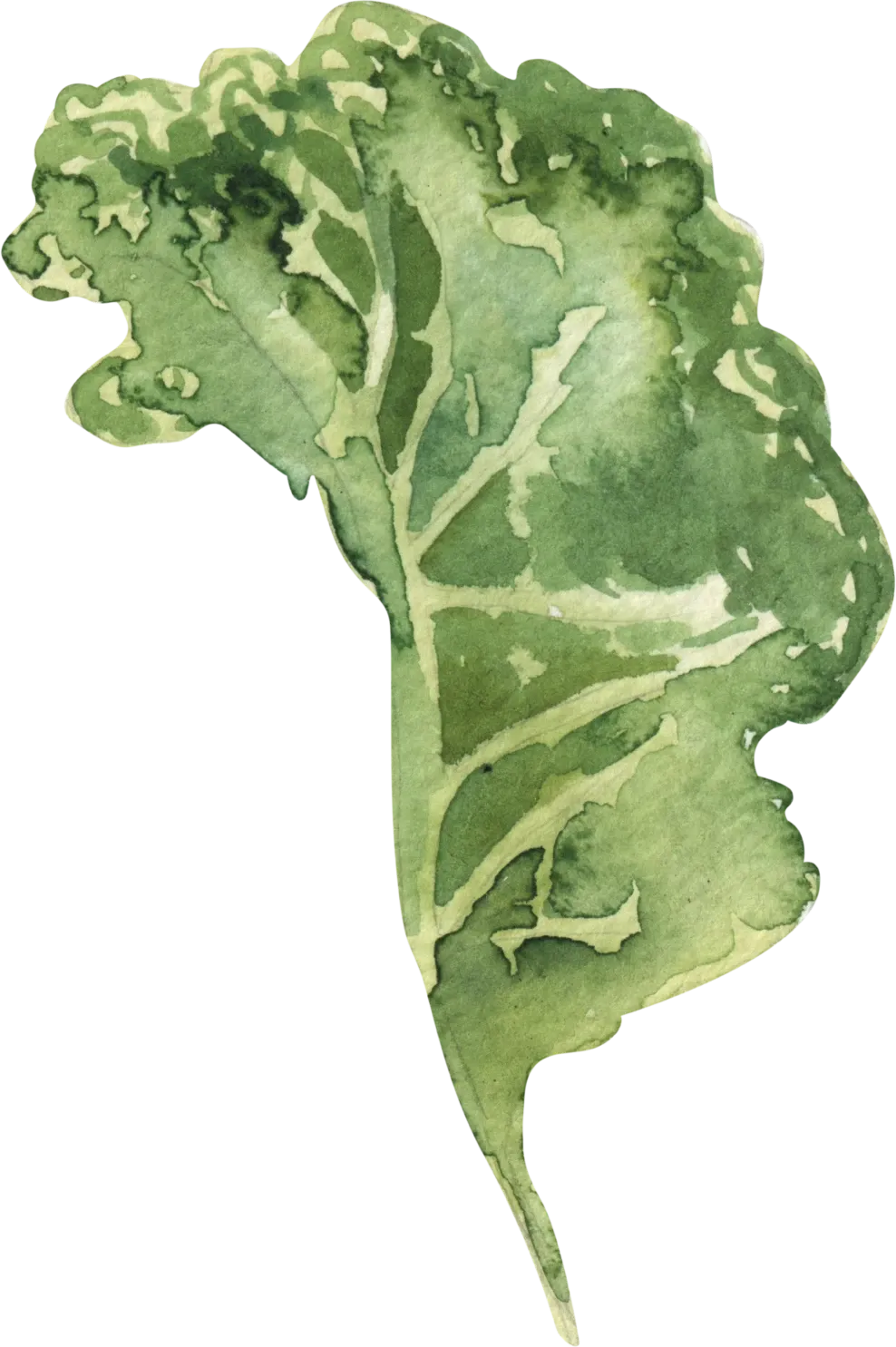The Health Benefits of Kale: A Nutrient-Dense Superfood
Introduction
Kale is a leafy green vegetable that has gained immense popularity for its incredible nutritional profile. Often labeled as a “superfood,” kale is loaded with essential vitamins, minerals, and antioxidants. Whether enjoyed raw in salads, blended into smoothies, or cooked in soups and stews, kale offers a versatile and nutrient-packed option for any meal.
Health Benefits of Kale
- Promotes Bone Health
Kale is an exceptional source of vitamin K, which plays a vital role in bone health by promoting calcium absorption. Regular consumption of vitamin K-rich foods like kale can help strengthen bones and reduce the risk of osteoporosis.
- Supports Digestion
The high fiber content in kale aids digestion and promotes a healthy gut. Fiber helps regulate bowel movements, supports a healthy gut microbiome, and may reduce the risk of digestive issues such as constipation.
- Rich in Antioxidants
Kale is packed with powerful antioxidants, including beta-carotene, vitamin C, and flavonoids. These antioxidants help protect cells from oxidative stress, reduce inflammation, and lower the risk of chronic diseases.
- Boosts Heart Health
The combination of fiber, potassium, and antioxidants in kale supports heart health. These nutrients help regulate blood pressure, lower cholesterol levels, and reduce the risk of heart disease.
- Enhances Immune Function
Kale is loaded with vitamin C, an essential nutrient for maintaining a healthy immune system. Consuming kale regularly can help boost immunity, support faster recovery from illnesses, and promote overall wellness.
Creative Ways to Enjoy Kale
Kale’s versatility makes it easy to incorporate into a wide variety of dishes:
- Raw in Salads: Add raw kale to salads for a nutrient boost. Massage the leaves with olive oil and lemon to soften their texture.
- In Smoothies: Blend kale into smoothies for added vitamins and minerals without altering the flavor too much.
- Sautéed or Steamed: Lightly sauté or steam kale with garlic and olive oil for a simple and nutritious side dish.
- In Soups and Stews: Add kale to soups and stews to increase their nutrient content and provide a hearty texture.
Conclusion
Kale truly earns its reputation as a superfood. With its high levels of vitamins K, A, and C, along with antioxidants and fiber, kale provides an array of health benefits, from promoting bone and heart health to boosting immune function. Whether you enjoy it raw, cooked, or blended into smoothies, kale is a simple and delicious way to enhance your diet and improve your overall health.
FAQs About Kale
- Is kale good for weight loss?
Yes, kale is low in calories and high in fiber, making it a great choice for weight loss. The fiber content helps you feel fuller for longer.
- How should I store kale?
Store kale in the refrigerator, unwashed, in a plastic bag. It will stay fresh for up to a week. Wash just before using.
- Does kale lose nutrients when cooked?
Kale retains most of its nutrients when lightly steamed or sautéed, but boiling it for too long can reduce its vitamin C content.
- Is kale AIP diet compliant?
Yes, kale is allowed on the AIP diet and can be consumed by those following an autoimmune protocol.
- Is kale Low-FODMAP?
Yes, kale is Low-FODMAP and can be safely eaten by those following this diet for digestive health.
- Is kale Low Histamine?
Kale is considered low in histamine and is generally well-tolerated by those with histamine intolerance.
- Is kale Keto-friendly?
Yes, kale is very keto-friendly, with only 4.4g of carbohydrates per 100g serving, making it a great option for low-carb diets.
Recipes
Check out our meal planning service by following these recipes:









